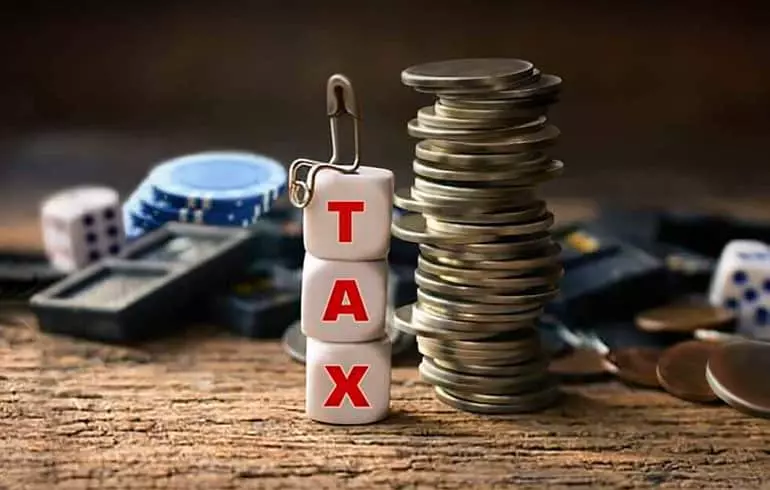
A 28% tax rate is almost ready to be applied to the entire gaming sector in India. It appears that India’s Goods and Service Tax Council is still determined to implement it, despite some initial optimism that calmer heads would win out and this concept would be abandoned. After a group of ministers with specialised expertise in taxes on goods and services approves it, the GST Council will move this rate ahead.
The Present Tax System
Horse racing tracks, casinos, and internet games (as long as there is no gambling involved) are all subject to an 18% tax under the country’s present tax system. Conversely, internet gambling and gambling divisions are subject to 28% tax rates. The ministers recently determined that a 28% tax rate was absolutely reasonable despite much discussion about lowering this number. The GST Council therefore decided to postpone this proposal, giving the lawmakers some time to plan their next course of action.
Taxation Has Gotten Out Of Hand.
The charge would vary based on how many chips a player purchases. However, the panel rules that there is sufficient justification for such transactions to fall within the gambling category because they may also be made with the chips to purchase food and drinks. One of the few states in India where gambling is allowed and controlled, Goa, has a minister who wants the tax rate to only be applied to gaming and not to every transaction made at a casino, which has caused some anxiety.
As a result, the ministers must get together shortly to discuss their next move since he made the decision to voice these concerns.
Online Gambling Is Not Exempted
Although horse racing courses have entered the world of internet gambling, they claim that the 28% tax would ultimately ruin their operation. They assert that the implementation of this tax rate would have a fatal impact on their long-standing image as a non-profit organisation that generates millions of dollars in revenue annually.
Online gambling, which in India does not yet have a clear path, seeks a whole new arrangement. First of all, it seeks to establish a difference between skill-based games and games of chance. When that happens, the tax rate would solely apply to games of chance.
There is a problem with this, though, in that there isn’t now agreement on what constitutes a game of skill or chance.
While many Indian politicians think that rummy is a game of skill, they also think that poker is merely a game of chance. The fact that certain skill-based games involve the exchange of money, classifying them as gambling, furthers the misunderstanding.





